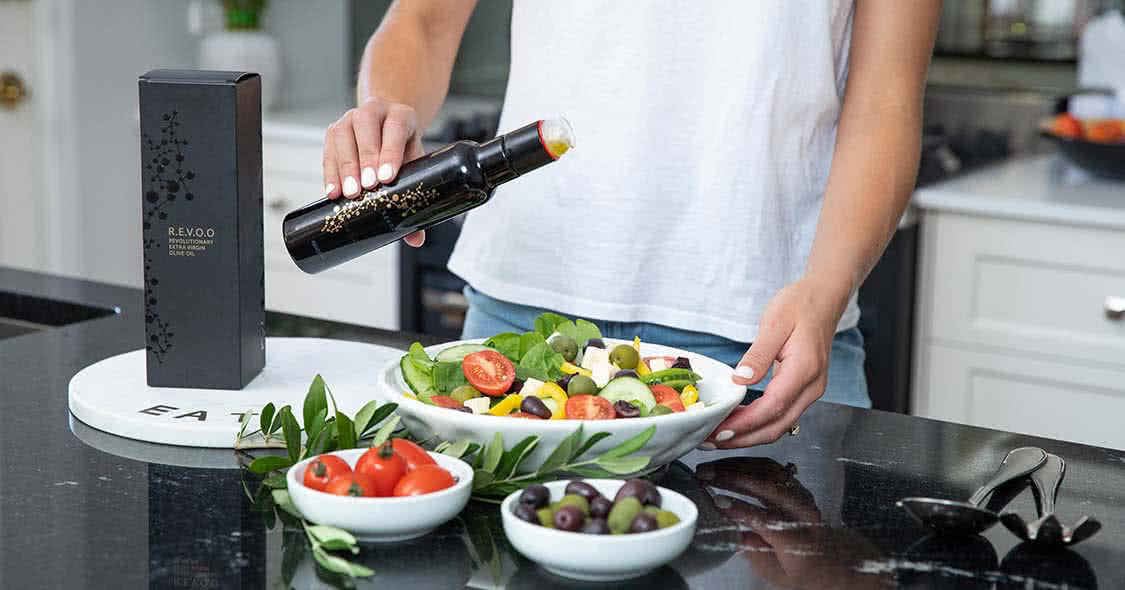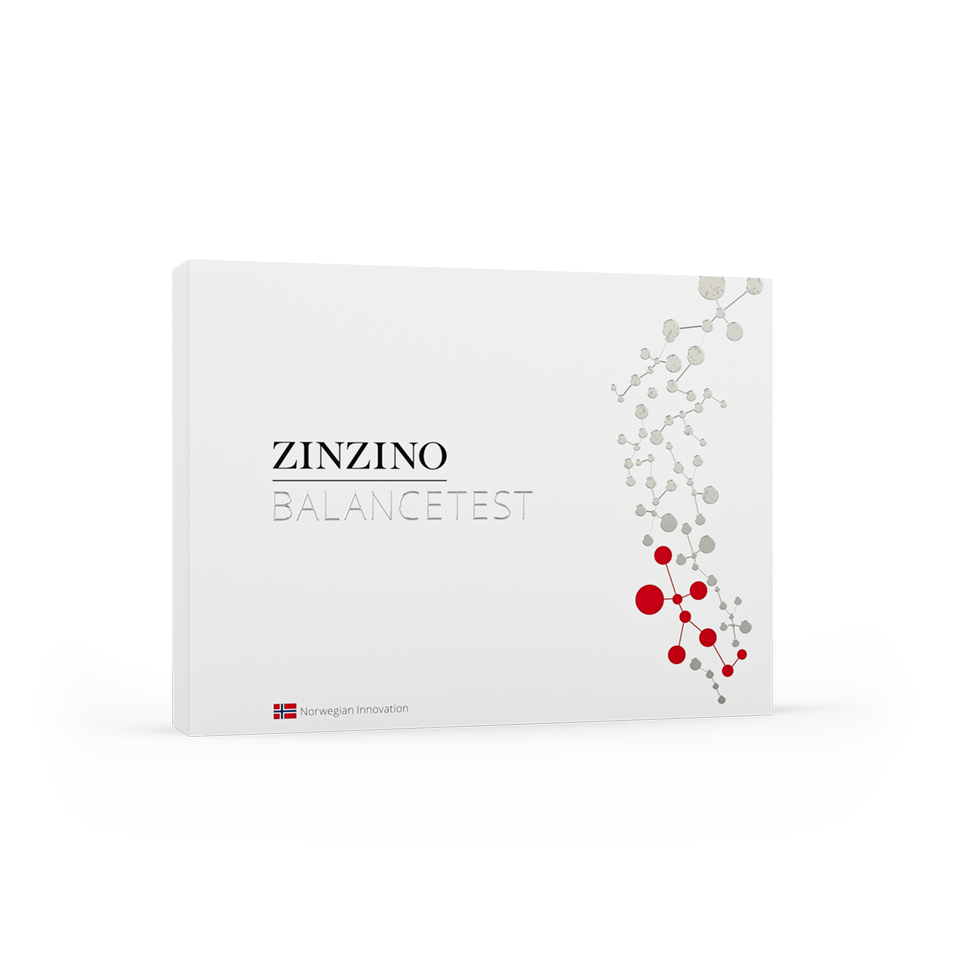Hanna Lüscher Windler
Zinzino Independent Partner
Καλώς ήρθατε! Είμαι ο ανεξάρτητος σύμβουλός σας, και είμαι εδώ για να σας καθοδηγήσω στο ταξίδι της υγείας σας. Πείτε μου τι χρειάζεστε!
The Mediterranean diet benefits, explained

Google ‘Mediterranean diet’ and you’ll forget for a moment that it is, in fact, a diet. Popular Mediterranean foods are colorful and Instagrammable, with the recommended division of greens, beans, and meat (and a side of fruit). This eating regime celebrates whole grains, fruits and vegetables, fish, and seafood, and of course, olive oil.
The advantages of following the Mediterranean lifestyle
The Mediterranean lifestyle has a more holistic approach to food and nutrition and the meals are created around plants, not meat. Dairy, eggs, poultry, and seafood are central to healthy Mediterranean food, with red meat consumed occasionally. Olive oil and fish are pillars to this way of eating, dishing up plenty of healthy fats.
The ‘diet rules’ are easy to follow because the food is so good – plates are packed with avocado, salmon, berries, seeds, beans, tomatoes, oranges, and nuts.
Mediterranean diet rules are simple:
- Daily consumption of vegetables, fruits, whole grains, and healthy fats
- Weekly intake of fish, poultry, beans, and eggs
- Moderate portions of dairy products
- Limit intake of red meat.
Olive oil and the Mediterranean diet
Extra virgin olive oil captures the essence of the Mediterranean diet. R.E.V.V.O is an extra virgin olive oil with a concentration of bioactive antioxidants that’s 30 times higher than regular olive oil. Designed to support your journey to better health, R.E.V.V.O provides a full spectrum of natural compounds locked in an Omega-9 oil.
It’s not just a fancy salad topper. R.E.V.V.O contributes to the maintenance of normal blood cholesterol levels1* and protects blood lipids2* from oxidative stress. Power your Mediterranean lifestyle with the most exceptional olive oil there is.
What is a Mediterranean diet, in practice?
This way of eating and living is deeply rooted in tradition and probably conjures up images of long, relaxed meals with friends and family. It’s an important point to address because the diet is really all about sacred shared mealtimes, sourcing local food that’s in-season, being physically active, and living simply. These philosophies carry into daily life, with how you nourish your body.
To eat like a Mediterranean:
- Aim for 7-10 servings of fruits and vegetables each day
- Switch to whole grains
- Use healthy fats, such as olive oil
- Eat fresh fish twice a week and reduce red meat intake
- Enjoy dairy, such as low-fat Greek yoghurt
- Add spices instead of salt.
Healthy Mediterranean recipes & food inspiration
For breakfast, treat your heart (and tastebuds) to smashed avocado, with smoked salmon and poached egg, on wholegrain toast. Dash it with a handful of microgreens.
Now, for lunch, cook falafel balls, and place with green beans, whole-wheat couscous, crumbled feta cheese, olives, and topped with tahini sauce.
Then, at dinner, continue the colorful plate trend with shrimp and leek spaghetti. It’s light, lemony, and gives you fiber and Omega-3s.
Speaking of essential fatty acids, Omega-3s are extremely important to your health (and your body doesn’t naturally produce them). Support your Mediterranean eating plan with Zinzino’s Omega-3 Balance Products.
This fish and olive oil synergy delivers 15 EFSA-approved health benefits, including normal brain3, heart4 and immune system5 function. Take the Omega-6:3 ratio test first and review your results after 120 days.
Siesta time! Although you won’t get those 3.00pm slumps, quite like you used to. Power your body with the healthy, delicious Mediterranean diet… with a side of Zinzino’s BalanceOil+ and R.E.V.O.O.
* These statements have not been evaluated by the Food and Drug Administration. This product is not intended to diagnose, treat, cure, or prevent any disease.
2. Olive oil polyphenols
Olijfolie polyfenolen dragen bij aan de bescherming van bloedlipiden tegen oxidatieve stress. De vervanging van verzadigde vetten in de voeding door onverzadigde vetten draagt bij aan de instandhouding van normale cholesterolgehalten in het bloed. Oliezuur is een onverzadigd vet. De claim mag alleen worden gebruikt voor olijfolie die ten minste 5 mg hydroxytyrosol bevat en de derivaten daarvan (bijv. oleuropeïnecomplex en tyrosol) per 20 g olijfolie. Om de claim te dragen, moet informatie worden verstrekt aan de consument dat het positieve effect wordt verkregen met een dagelijkse inname van 20 g olijfolie.
3. DHA draagt bij aan het behoud van de normale hersenfunctie.
1 DHA draagt bij aan het behoud van de normale hersenfunctie. De claim mag alleen worden gebruikt voor voedsel dat tenminste 40 mg DHA per 100 g en per 100 kcal bevat. Om de claim te dragen, moet informatie worden verstrekt aan de consument dat het positieve effect wordt verkregen met een dagelijkse inname van 250 mg DHA. De inname van docosahexaeenzuur (DHA) draagt bij aan de normale hersenontwikkeling van de foetus en zuigelingen die borstvoeding krijgen. Informatie moet worden verstrekt aan zwangere vrouwen en vrouwen die borstvoeding geven, dat het positieve effect wordt verkregen met een dagelijkse inname van 200 mg DHA naast de aanbevolen dagelijkse inname van Omega-3 vetzuren voor volwassenen, dat wil zeggen: 250 mg DHA en EPA. De claim mag alleen worden gebruikt voor voedsel wat een dagelijkse inname biedt van tenminste 200 mg DHA.
4. DHA and EPA contribute to the normal function of the heart
DHA en EPA dragen bij aan de normale functie van het hart. De claim mag alleen worden gebruikt voor voedingsmiddelen die ten minste één bron van EPA en DHA bevatten zoals bedoeld in de claim BRON VAN Omega-3 VETZUREN, zoals opgenomen in de bijlage bij Verordening (EG) nr. 1924/2006. Om de claim te dragen, moet informatie worden verstrekt aan de consument dat het positieve effect wordt verkregen met een dagelijkse inname van 250 mg EPA en DHA.
5. Vitamin D contributes to immune system
Vitamine D draagt bij aan de normale werking van het immuunsysteem. De claim mag alleen worden gebruikt voor voedingsmiddelen die ten minste één bron van vitamine D bevatten zoals bedoeld in de claim BRON VAN vitamine D, zoals opgenomen in de bijlage bij Verordening (EG) nr. 1924/2006



Share this page
Or copy link